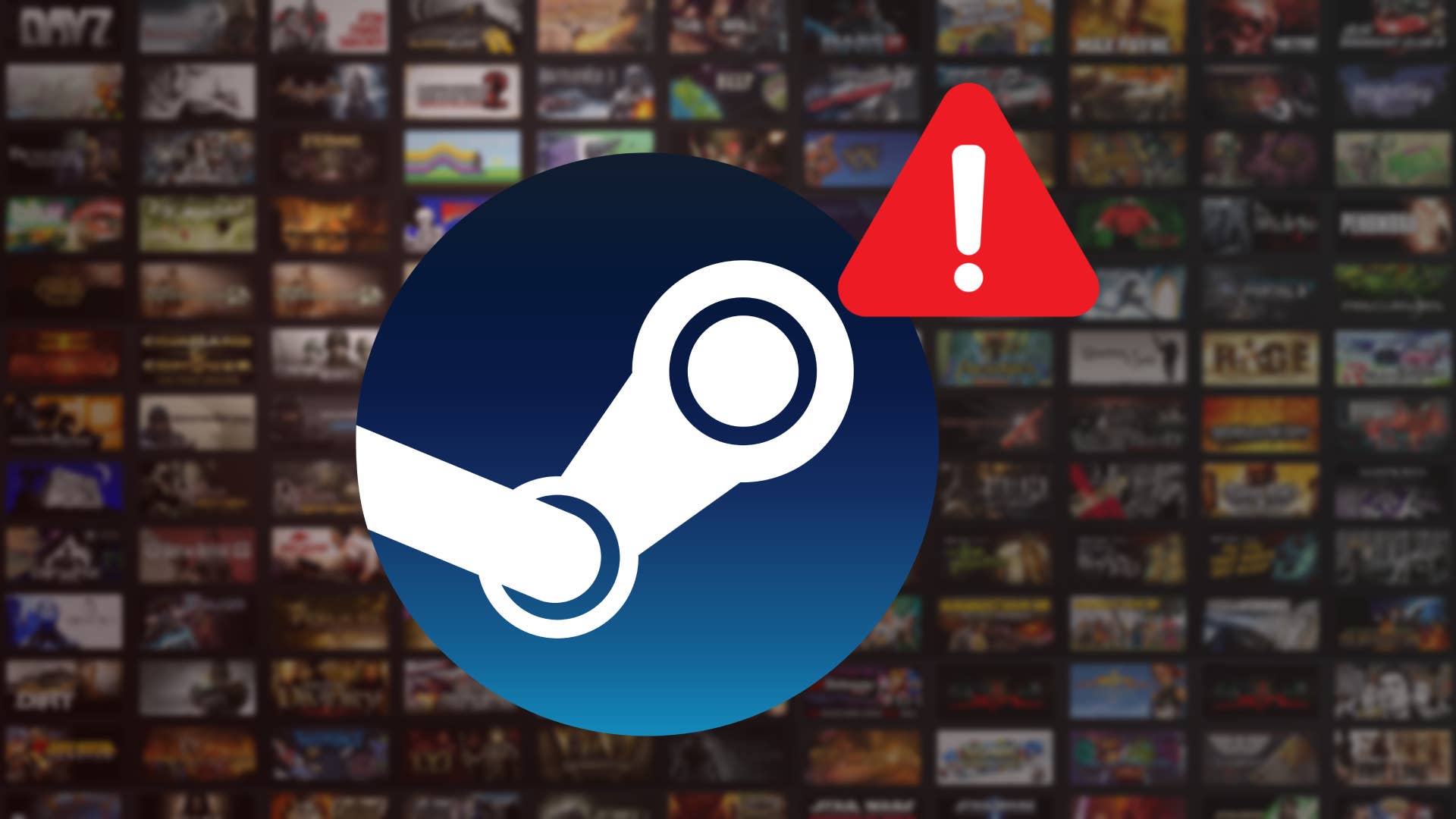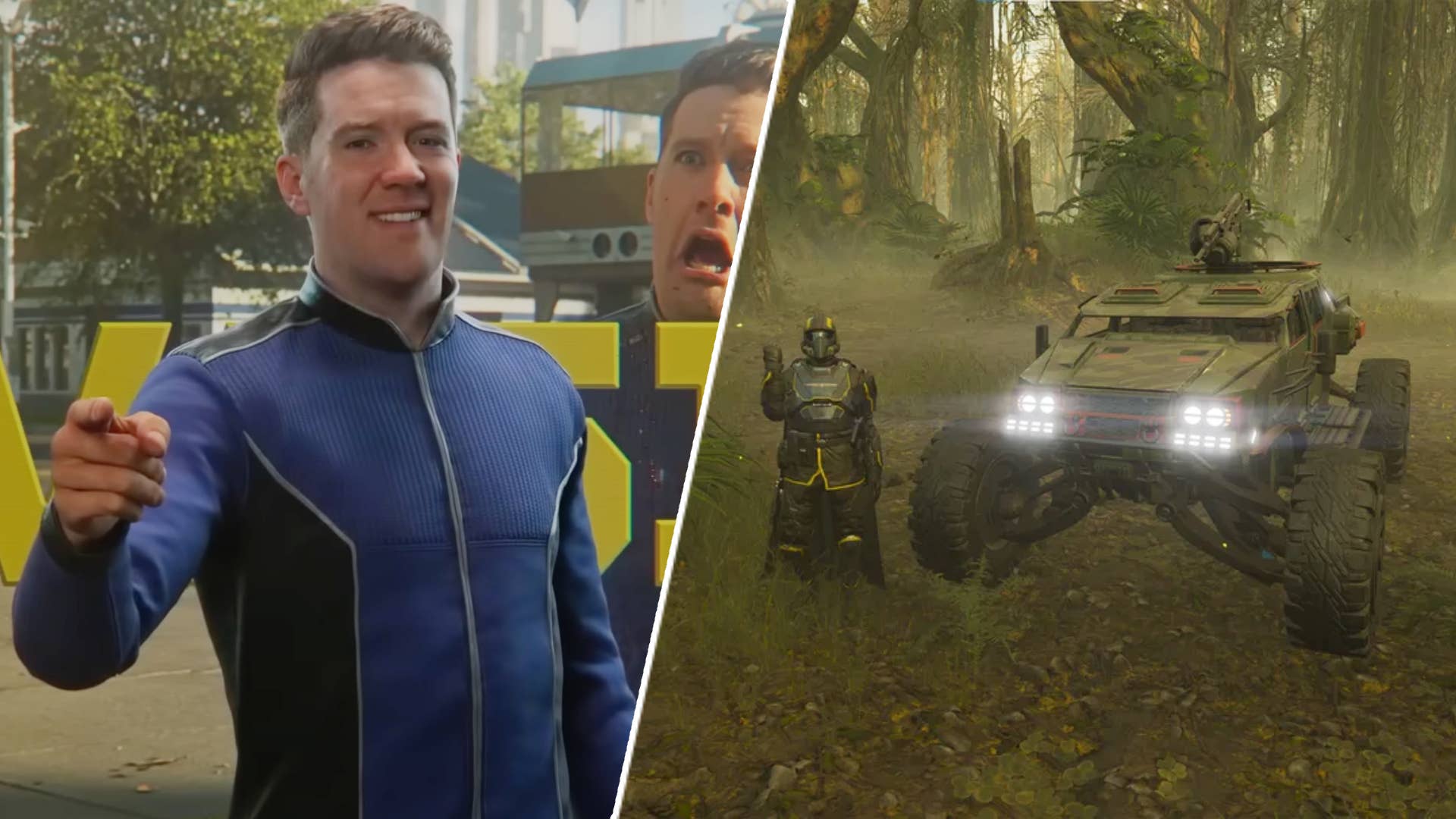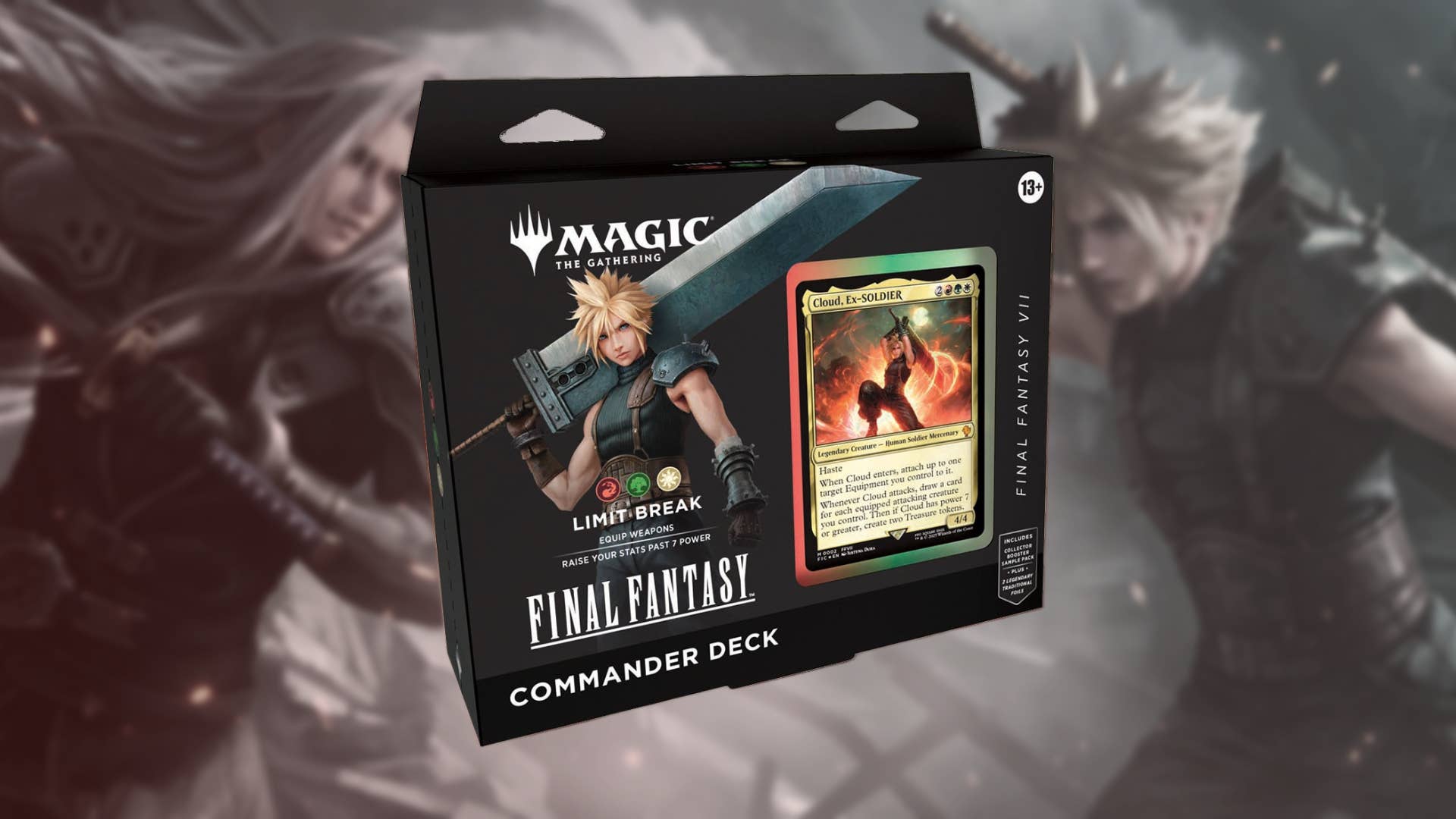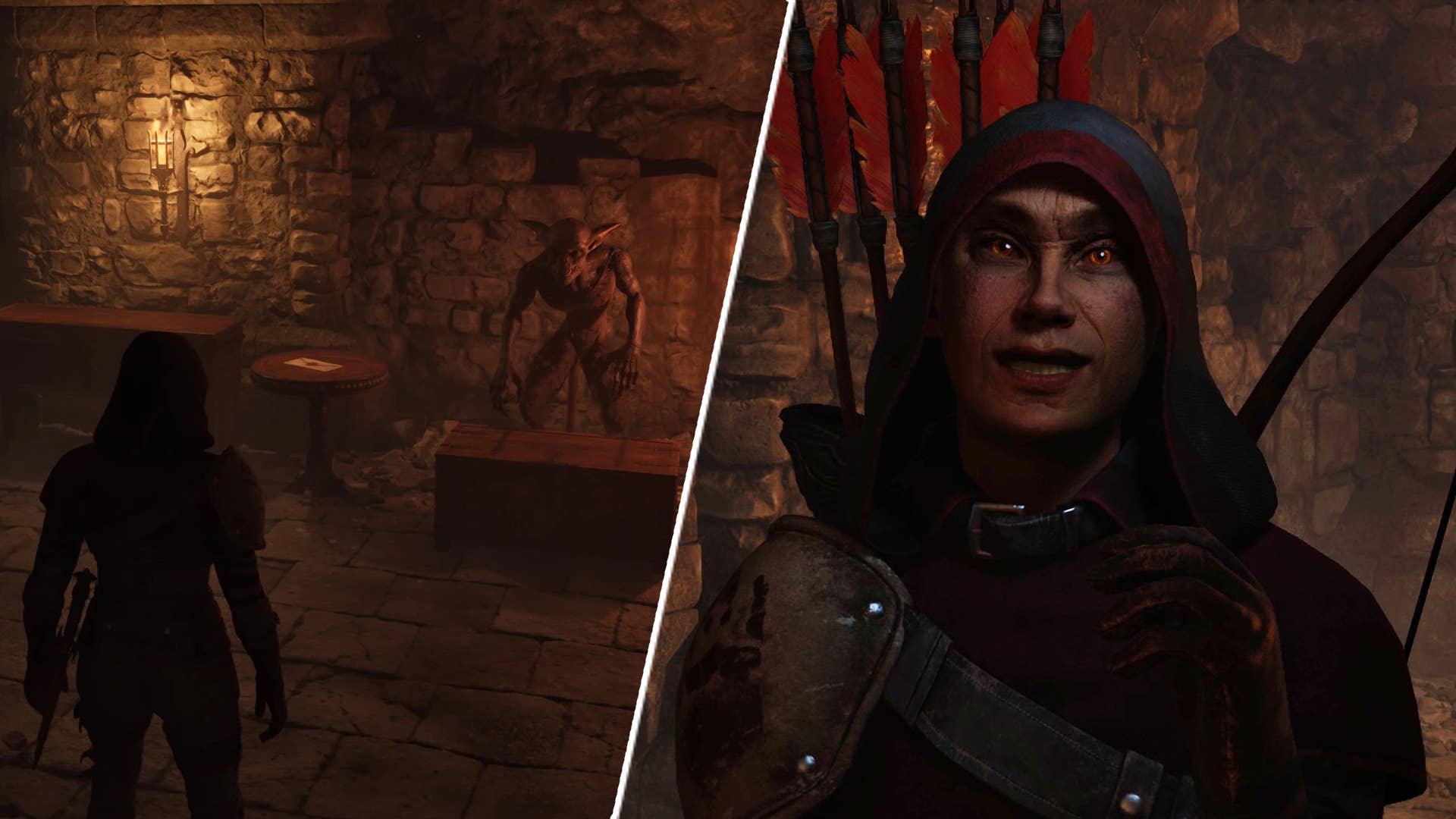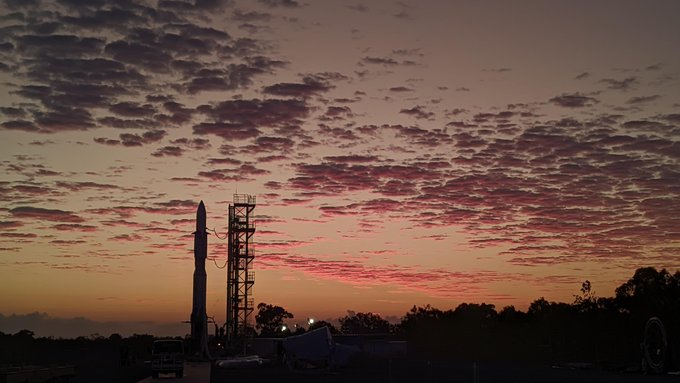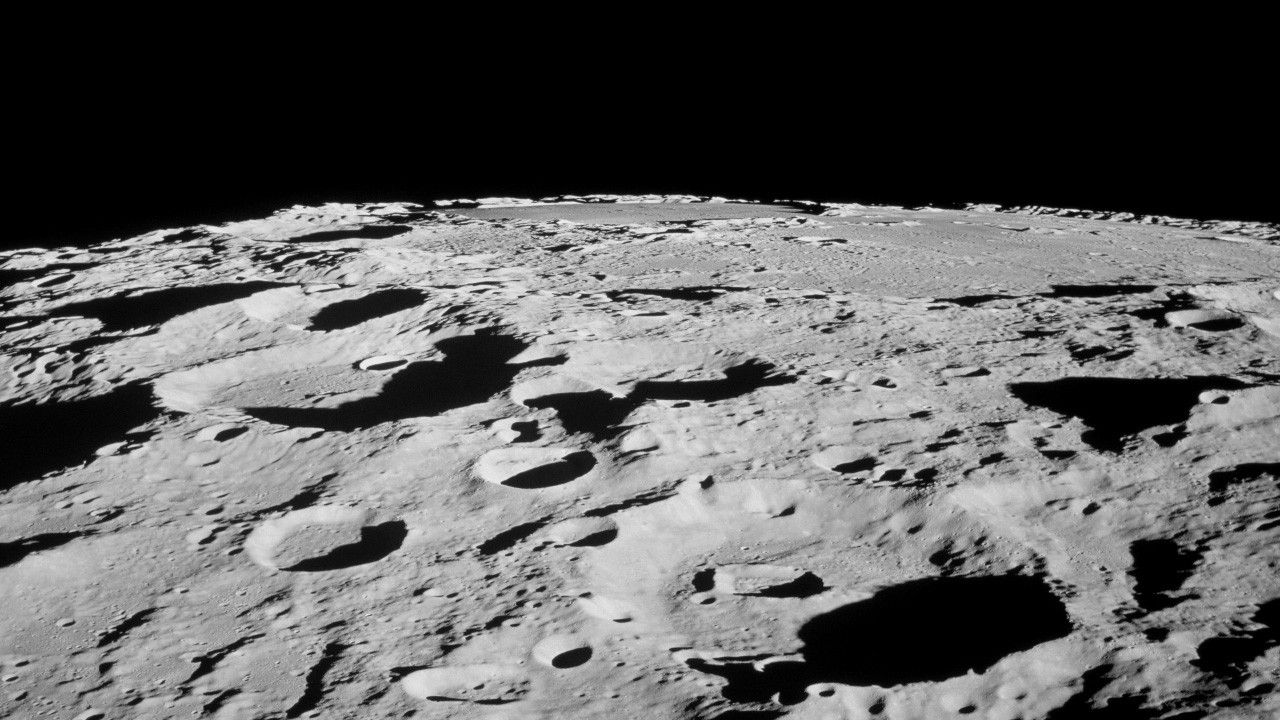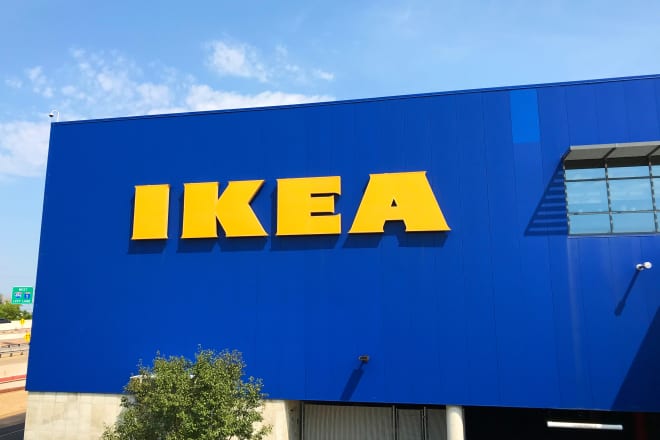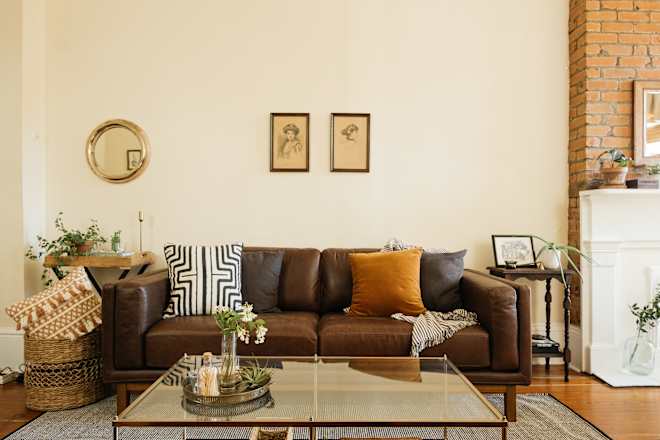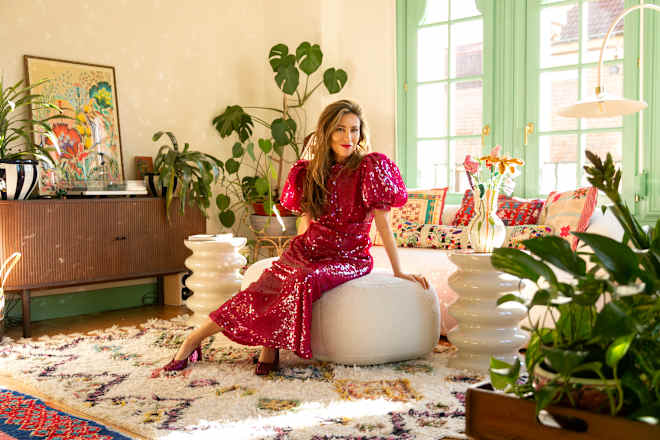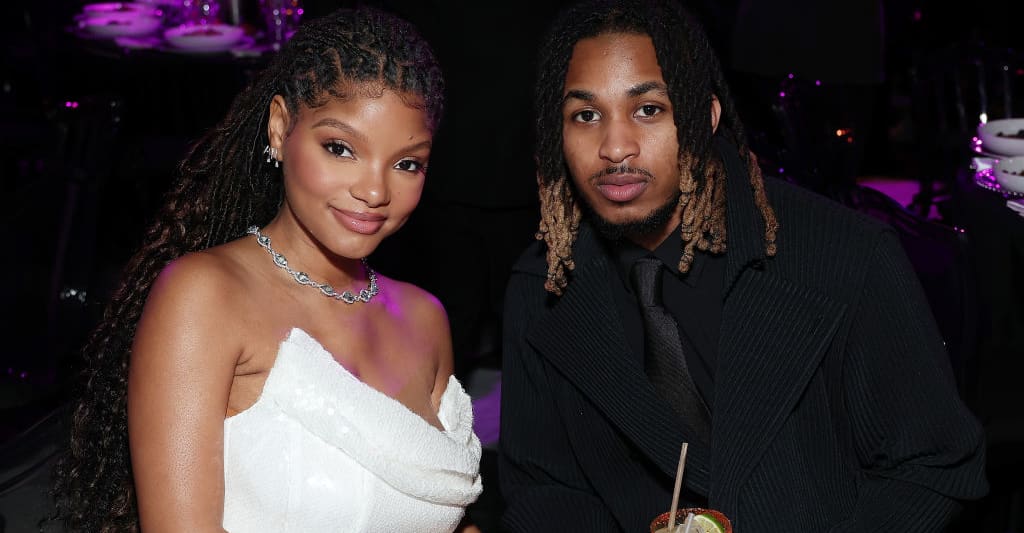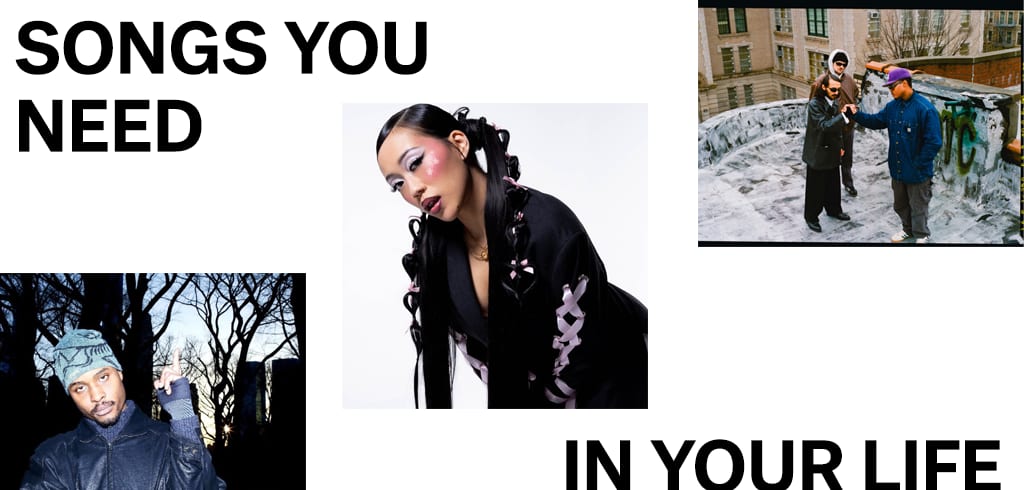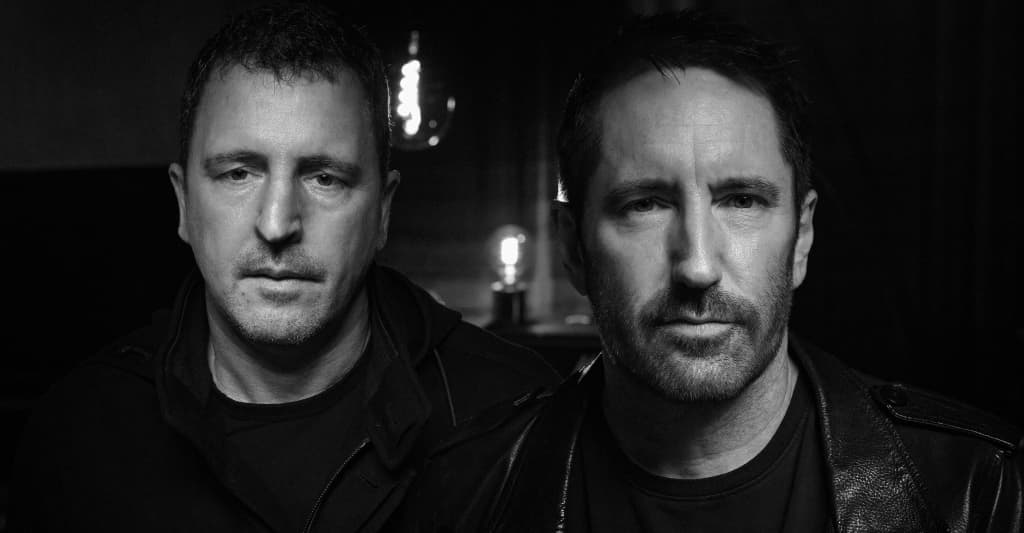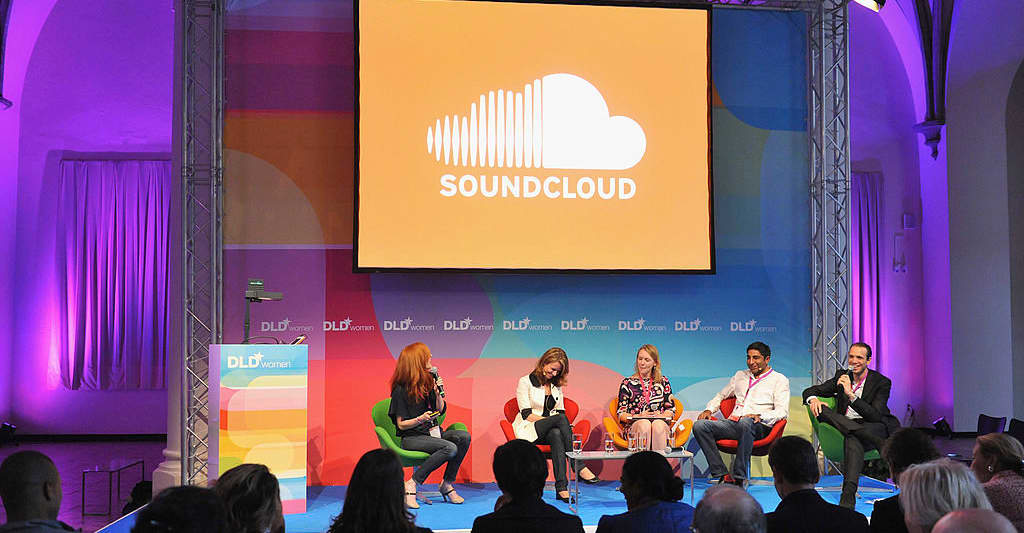2025s political climate is wreaking havoc on online dating
We're more politically divided than ever, and this is affecting how singles date.


Around a year ago, I deleted all my dating apps. After eight first dates in a row and a period of inactivity on the apps, I decided if I couldn't find love in real life, then perhaps I didn't want it.
Fast forward to spring 2025, and I am still off the dating apps but am admittedly feeling less certain about my scorched-earth approach. However, one thing remains crystal clear in my mind: the desire not to embark on a relationship with someone whose political views feel incompatible with my own.
My memories of my time on the apps aren't exactly enticing me to re-download them anytime soon. There was the fan of misogynistic influencer Andrew Tate, not to mention the paranoid conspiracy theorist — both of whom I met on Hinge.
It goes without saying that online dating doesn't occur in a vacuum. We are living in a ferociously polarised political climate, and this is undoubtedly having reverberations on people's love lives. I spoke with daters and dating experts about how, like me, many singles are now refusing to date someone with contrasting political beliefs — at a time when the divide is starker than ever.
Politically divided online and on dating apps
The importance of a date's politics isn't just anecdotal — it's proven by research.
Pre-Inauguration Day data from the dating app Hily, which polled 5,000 mostly straight Gen Z and millennial Americans, found that around four in ten American women have strong political beliefs, and a third would turn down a date over political differences. While around the same proportion of men hold strong political views, just one in ten would forgo a date if their political views did not align.
Researchers also found nearly half of American women wouldn't date someone who voted for the "other side" in the last election — a higher proportion than the one in five men. Meanwhile, May 2025 research from OkCupid shows six in ten women around the world would like to have the same political views as their match. In the U.S. alone, this proportion rises to nearly seven in ten.
And if we take a look at some older data, it appears that the importance we place on politics when dating has been rising for some time. Interestingly, research from the dating platform Match, which polled over 5,000 singles, discovered that around eight in ten singles in the U.S. said they would date someone who voted for the opposite political party in 2015, but only around half of singles said this in 2019. You cannot help but wonder if Donald Trump's 2016 presidential election triumph may have something to do with this.
On both sides of the pond, in both the U.S. and the UK, 2016 was a pivotal year, which has gone on to define the political landscape in the near-decade that ensued. In both the lead-up to and the aftermath of the 2016 Brexit vote in the UK, politics became more fraught and divided, causing tensions and cracks in relationships, both new and old.
Today, the political landscape feels more frenzied and fractured than it has in decades. With Trump back in the White House for a second time running after what was the wildest political comeback in modern American history, fears about the wave of human rights abuses infesting the so-called free world and beyond are swelling. Meanwhile, the growing influence of misogynistic social media personalities in the manosphere causes a parallel anxiety.
Just a couple of decades ago, many would have considered it a faux pas to ask someone who they voted for on a date. What was once considered an impolite question is now regarded as a relationship dealbreaker. Asking a date about their political views in both the U.S. and the UK has become routine. What's more, you can now use dating apps to eliminate individuals with certain political views from your screens.
"Historically, people were much more willing to date across the political divide than they are now," Dr. Natasha McKeever, a lecturer in applied ethics who co-directs the Centre for Love, Sex and Relationships at the University of Leeds, explains. "People in general are more politically divided."
Online dating enables people to clearly express their preferences for a partner before meeting them in person, she explains. "We might say 'no Tories,' which means we wouldn't have a conversation with someone who was a Tory," she says. (In the UK, a 'Tory' is a supporter of the Conservative Party.) "But pre-online dating, if you are meeting someone at a bar, you might not know which party they vote for, so you may be more open. There are now all sorts of political issues that people are divided over."
Chloe's* experience with dating apps has changed as the political climate has grown more polarised. The 32-year-old goes so far as to say that looking for love as a progressive woman living in Houston, Texas is like "walking through a political minefield."
"Pre-online dating, if you are meeting someone at a bar, you might not know which party they vote for, so you may be more open. There are now all sorts of political issues that people are divided over."
"Houston is a city that technically votes blue — so, votes Democratic — but very much swims with conservative undercurrents. Just because it is such a largely densely populated city with so many smaller towns outside of the city that are predominantly conservative," Chloe, who uses dating apps Hinge and Raya, tells me.
As Donald Trump's MAGA movement has further swelled in the past two years, Chloe has come across more conservative men who describe themselves as politically moderate on dating apps. In her view, these men are either downplaying or outrightly hiding their true political views. "I'm not sure if it's more of a subtle form of manipulation or trying to one-up a liberal woman," she adds.
Chloe, who works in global social justice, explains she is very vocal about her political views from the outset when dating, like asking men about their politics to ensure compatibility. "I've had everything from guys saying that they're moderate and then later on finding a MAGA hat or they like Trump posts on Instagram," she explains.
Recounting the incident where she found a MAGA hat sitting on the dashboard of the car of a man she was dating, she questions whether he deliberately placed the cap there to see how she would respond. "I just remember immediately looking around to see if anybody could see it because this hat is a sign of hatred for me," Chloe adds. "I felt completely mortified. Sitting in that car, I know I didn't, but I felt like I had somehow betrayed all of my own values."
Chloe says she has encountered men on dating apps who she describes as "shy" Trump supporters who take a traditionally conservative approach to the economy but claim they are socially liberal. "Who votes for their own self-interest and directly votes against the rights of others," she adds. Chloe explains she is looking to date a man who votes Democrat, as politics is deeply important to her. "It's more than policies," she says. "Politics means more. This is about real people and about whether you are an empathetic person. Do you have compassion for others? Do you care about the rights, the dignity, and the equality of all people?"
How the ideological gender gap impacts dating
Chloe isn't the only one facing difficulty finding someone like-minded. Research has found the ideological gap between young men and women is growing, with the former becoming more socially conservative. A study from anti-fascism organisation Hope Not Hate, which polled around 2,000 people in the UK aged between 16 and 24, found that 41 percent of young men support Andrew Tate, while 12 percent of young women do.
As the influence of the far right and misogynistic social media personalities grows, misinformation and disinformation spread online, and the so-called culture wars ramp up, it would be naive and foolish not to recognise that these issues are going to have an impact on the dating landscape.
I could see and feel this before I deleted the apps, scrolling past a fair few profiles of men who appeared to hold misogynistic views. Well, at least, if the declarations on their Hinge profiles were anything to go by. Take the profile of the man who said women should not take the contraceptive pill as it damages their health, or the one who depicted virtually all women as gold-diggers.
"I've never swiped right on anybody who identifies as conservative," Sarah*, who uses dating apps Hinge, Bumble, and Tinder, tells me. "If their profile says moderate, I'm open to it. But if they are moderate [and] Christian, I swipe left."
The 29-year-old, who lives in Indiana, explains that she identifies as a liberal, but most of the people she encounters on dating apps are conservative. She says she has been surprised by how many men who she assumed were liberal — some of whom she describes as dressing like hipsters — turned out to be conservatives.
"I've never swiped right on anybody who identifies as conservative."
"You start having a conversation and they are arguing with you even though they are saying they agree with you," Sarah explains. She encounters dating profiles where men openly call out "lib-tards" or ask liberals not to swipe right, she says, as well as scrolling past profiles where men are wearing MAGA-branded merch or clothing that says "Back the Blue" to indicate their support for the police (at a time when the reality of police brutality has become more public).
Unsurprisingly, she also encounters these issues in the workplace as she is a couples therapist. "I've definitely had couples that have differing beliefs and values, whether it's because they are straight up politically different or two liberal people can be really different if one of those liberal people was raised by conservatives," she says. "That stuff is still part of your belief system, whether you realise it or not."
Sarah says she has met a lot of women who end up in relationships with conservative men, as they felt this was their only option. "It's really important to talk about politics and values really early on in the dating process because once you have kids and those values start getting put into practice, you might find that it's just really difficult to reach common ground."
Ammanda Major, who worked as a sex and relationships therapist for almost three decades in the UK, but is now head of clinical practice at UK relationships charity Relate, says people often seek a partner who holds similar beliefs to their own, as this creates harmony. "But equally, I think it can sometimes go too far where it becomes difficult to hear alternative views," she adds.
Jo*, from Buckinghamshire in the UK, recalls going on a drunken date with a man during the COVID pandemic. Although politics did not come up when they first met, five minutes into their second date, she realised he held ultra-conservative views and saw anyone who claimed benefits as a scrounger. "It got quite heated quite quickly and I'm quite outspoken and then I left," the 33-year-old student recalls. "He kept messaging me afterwards as well, being like, 'Can we have another try?'"
It probably will not surprise you that Jo did not go on a third date with him. For some, Jo's refusal to persevere will be seen as symptomatic of political intolerance. Others will feel she made a lucky escape, understanding and empathising with her decision.
To me, it feels impossible to extricate many of our political beliefs from our values and our wider worldview — two things which feel like they need to be, for the most part, aligned for a relationship to deepen and flourish. How do you simply agree to disagree when someone is downplaying, or worse still, spewing misogynist, racist, classist, transphobic, homophobic, ableist, xenophobic vitriol? This is a problem more and more daters are being forced to contend with.
*Names have been changed to protect identities
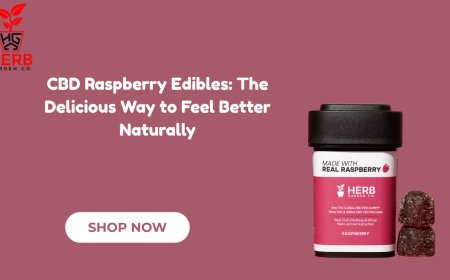
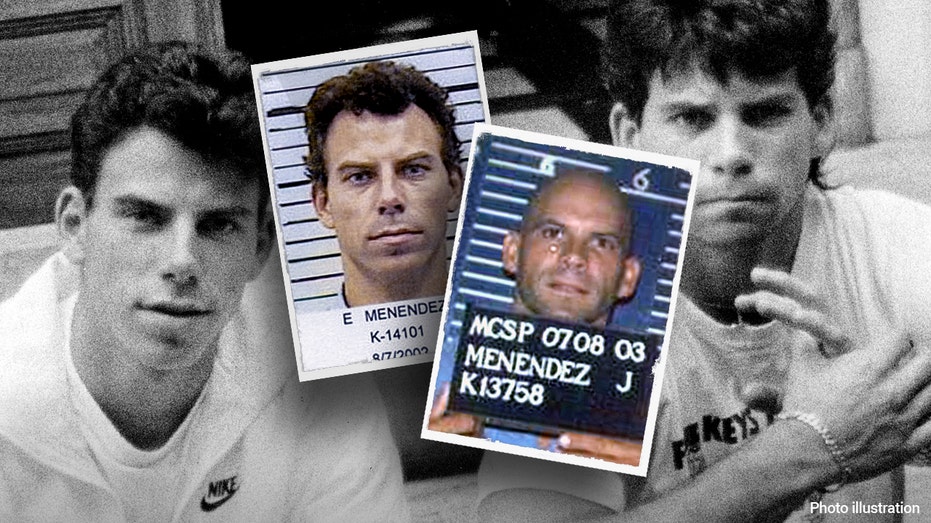
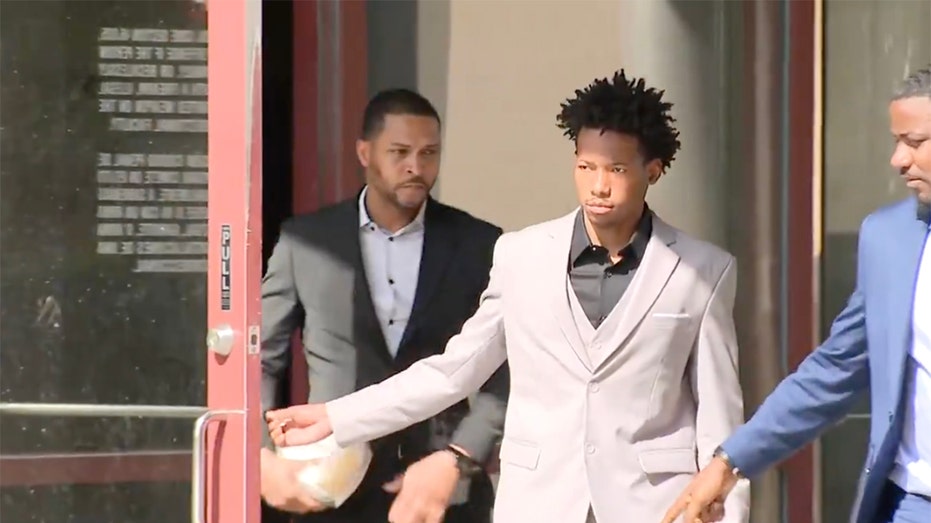
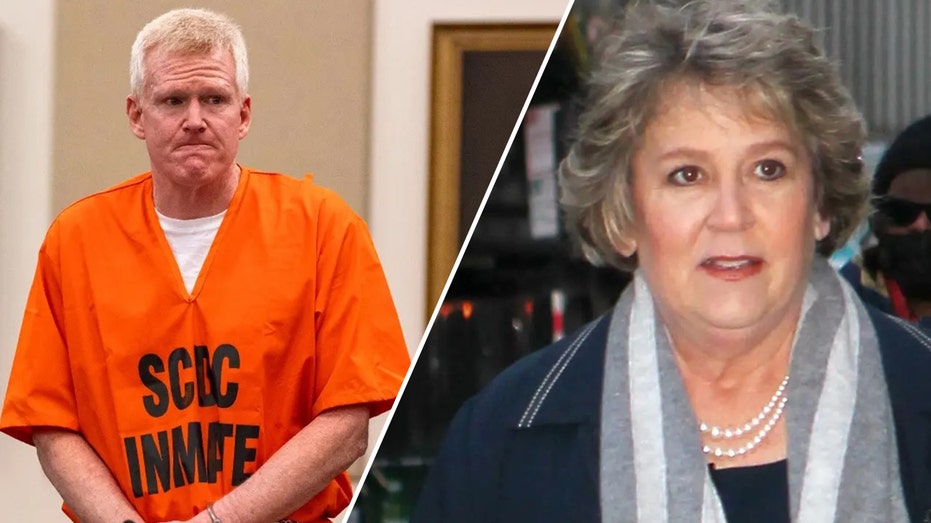
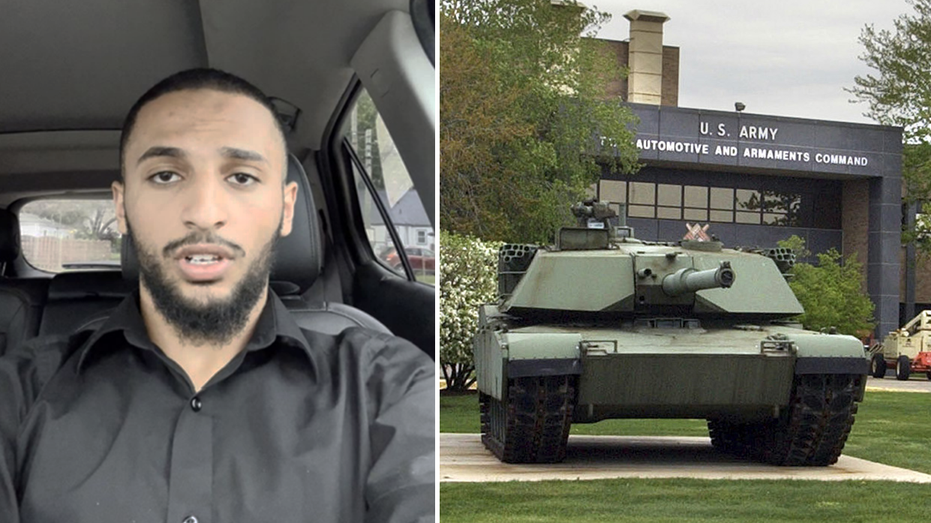












_Gang_Liu_Alamy.jpg?width=1280&auto=webp&quality=80&disable=upscale#)

_KristofferTripplaar_Alamy_.jpg?width=1280&auto=webp&quality=80&disable=upscale#)

